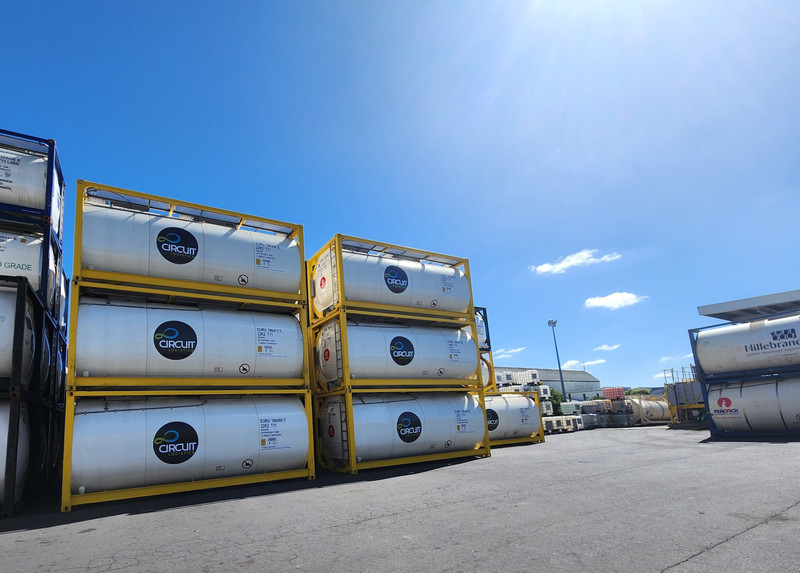How ISO Tank Container is the Unsung Hero of Sustainable Bulk Transport
In today’s world, pollution from toxic chemicals is not just an environmental issue but a global crisis affecting air, land, and sea. Toxic chemicals from industries continue to contaminate ecosystems, endangering human health and biodiversity. For instance, chemical pollutants in the air are responsible for 1 in 10 deaths globally. On land, toxic chemical waste has rendered 20% of arable land unusable for agriculture. During chemical transportation, the use of single-use alternatives like flexibags contributes to significant plastic waste. In fact, millions of tons of waste from chemical packaging and transportation, including plastics, enter the ocean each year, disrupting aquatic ecosystems. These staggering figures underscore the severity of toxic chemical pollution and highlight the urgent need for sustainable solutions.
If we continue on this path, the future looks bleak. Within the next 10-20 years, we could face irreversible damage to our ecosystems, affecting everything from public health to food security. Contaminated oceans could disrupt global fisheries, leading to food shortages, while air quality degradation may result in higher rates of respiratory diseases. The unchecked industrialization and chemical pollution will leave future generations grappling with these consequences. Now is the time to reflect on what kind of world we want to leave behind.
When we talk about sustainable transportation, especially for bulk liquids and chemicals, the choice becomes crystal clear—ISO tank containers. Alternative methods like flexibags may offer cost advantages, but they come at an environmental cost. Flexibags are responsible for enormous plastic waste that often finds its way into our oceans, threatening marine life and contributing to the growing crisis of microplastics. Every year, over 8 million tons of plastic enter the ocean, and the use of flexibags only adds to this growing disaster.
Here’s the truth: ISO tank containers are the most sustainable choice available for bulk transport today. Their reusable nature drastically reduces plastic waste, and their durability ensures that fewer resources are wasted over time. Yet, despite their environmental benefits, methods like flexibags remain popular. Why? Because they are cost-effective. But here's the unfortunate reality—many industries prioritize short-term savings over long-term environmental impact. People grasp the concept of cost-effectiveness, but environmental effectiveness often takes a back seat.
At C-Tank Global, we understand that sustainability doesn’t end with just choosing ISO tank containers. Yes, they are a major step in the right direction, but we believe that true sustainability must be practiced within the organization as a whole. We must find and implement alternative methods that are equally environmentally friendly across the board. The choice is simple: Do we want to live in a sustainable future or just survive in a polluted present?
When we speak about the future, The future of tank container logistics is bright with innovation. Here are some exciting developments we are likely to see in the coming years:
Smart Containers: Equipped with IoT technology, smart containers can track chemical conditions, ensuring safe and efficient transport.
Improved Insulation Materials: New materials that offer better insulation will reduce energy consumption during transport, lowering the carbon footprint.
Carbon-Neutral Operations: More logistics companies are aiming for carbon-neutrality by using renewable energy sources for powering transport and manufacturing processes.
Automated Cleaning Systems: These systems use less water and fewer chemicals, reducing environmental waste from the maintenance of ISO tank containers.
Fortunately, technological innovations in tank container logistics are making it easier for us to tread a sustainable path. New advancements are reducing emissions and increasing the efficiency of tank container use, making them more sustainable than ever before.
At C-Tank Global, we’re not just committed to meeting today’s standards; we’re constantly pushing the envelope to ensure that our practices are aligned with the future. From adopting energy-efficient processes to finding new ways to minimize waste, we are committed to sustainability—not just as a buzzword, but as a practice we live by every day.
The choice is yours: do you want to survive in the present, or do you want to live in a sustainable future?
Article written by C-Tank Global PTE Ltd.

